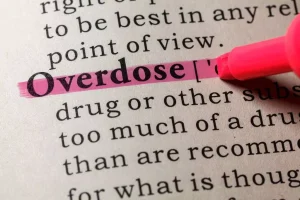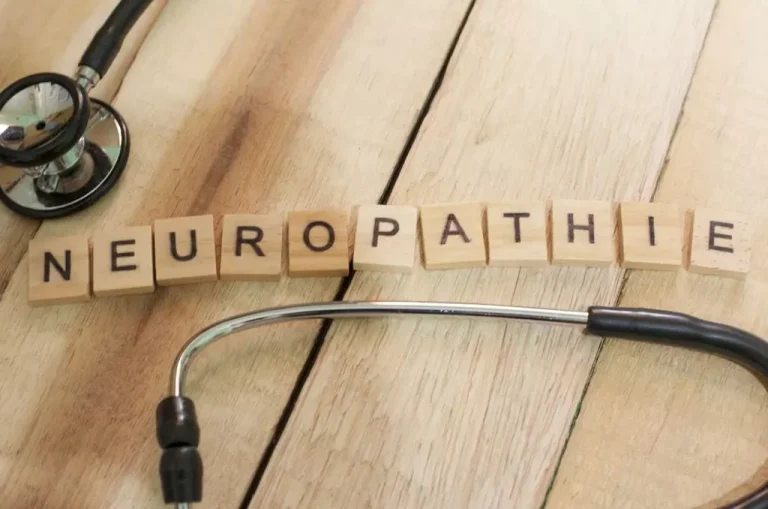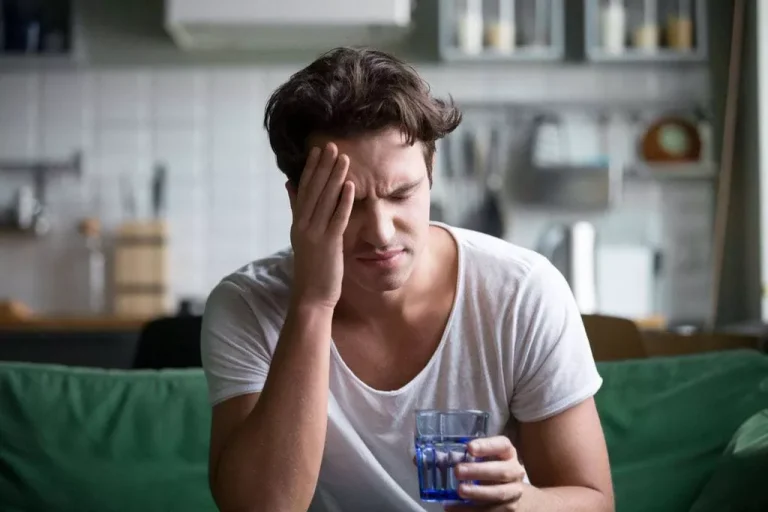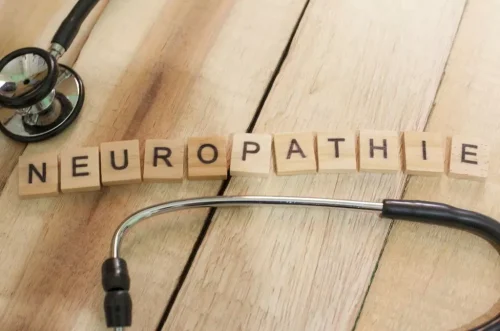
It involves comprehending the impact of alcohol on the body and its influence on the central nervous system. At Lantana Recovery, a leading Charleston South Carolina rehab center, we prioritize understanding these crucial aspects to provide comprehensive care and support during this challenging process. You’ll likely begin to feel better between five to seven days after you stop drinking, though some symptoms—like changes in sleep patterns, fatigue, and mood swings—can last for weeks or months. In addition to experiencing Stage 2 symptoms, those with severe alcohol withdrawal experience severe anxiety and moderate to severe tremors. These progressed to mild withdrawal symptoms when my tolerance increased in college.

When to Seek Professional Help
When your body craves stillness but your mind keeps racing, alcohol can seem like the quick fix. Life is better without alcohol, no doubt, but there’s still this lingering void. Recovery from alcohol addiction is not a journey you have to embark on alone. There are numerous resources and support systems available to help you navigate through this challenging time, from medical professionals to counseling and support groups. In addition to staying hydrated, maintaining a balanced diet can also help in fighting fatigue. Consuming a diet rich in complex carbohydrates, healthy fats, and lean proteins can provide your body with the necessary nutrients to support your recovery.
The Changing Recovery Brain
The mind and body are deeply connected when it comes to relaxation. Benson’s research shows that when the relaxation response is activated, it’s not just your mind that benefits—your entire body responds. Your heart rate slows, your muscles relax, and stress hormones decrease. While alcohol may offer temporary relief, it doesn’t engage this powerful mind-body connection in the same way. The true power of relaxation lies in tapping into what your body already knows how to do. Some people may find fatigue a manageable symptom of alcohol withdrawal, while others may find it debilitating.
Fighting Exhaustion After Quitting Alcohol
- It’s akin to an extreme form of exhaustion, both physically and mentally.
- When you quit alcohol, your body starts to go through withdrawal.
- There are many resources available to help, including peer support groups, counseling, therapy, and inpatient rehabilitation.
- If don’t have much of an appetite, you may want to take a multivitamin or drink a beverage high in electrolytes, such as a sports drink.
- Since we’re in the realm of sleep and alcohol, we also wanted to clarify whether alcohol promotes a goodnight’s sleep or not.
- Try skipping alcohol, especially in the late afternoon and evening, for more restful shut-eye.
Treatment varies depending on the severity of withdrawal symptoms. People experiencing mild to moderate alcohol withdrawal symptoms often receive outpatient care—meaning there is no extended time spent in a how to stop drinking hospital or facility. It’s recommended, however, that they have someone stay with them who can help during recovery.

Over time, however, the body builds a tolerance to alcohol, and a person may have to drink more and more to get the same feeling. Meanwhile, the brain is producing more and more neurotransmitters, making a person further imbalanced. I doubled, sometimes tripled my caffeine intake from pre-sobriety and I’m trying to back off now. A study I discussed in that episode found that 90% of people in recovery who attended AA meetings drank coffee daily compared to 62% of the general public. We develop a tolerance to caffeine and we get desensitized to that alert, buzz feeling so we have less of the feeling we’re chasing, but then we still feel tired after.
- John C. Umhau, MD, MPH, CPE is board-certified in addiction medicine and preventative medicine.
- When a person has been drinking for a while, their brain and body adjust to this new normal.
- There are specific treatments available for anyone who wants to stop drinking—even after long-term, chronic alcohol use.
- Since alcohol is a CNS depressant, it can lead to sedative side effects when consumed, such as drowsiness, relaxation, and sleepiness.
- To learn more about how you can proactively manage mild or moderate withdrawal symptoms and heal faster, check out this article on alcohol detox supplements.
- These may still be mild, or the existing symptoms might increase in severity.
Your Blood Pressure Will Decrease

By day eight of abstinence from alcohol, many begin to see the health advantages of quitting. “Fortunately, not near the hell the first three days were. I am hoping that means I may finally sleep tonight. For me, the toughest parts are the vomiting (dry heaves), insomnia, and anxiety.” Alcohol withdrawal symptoms begin to ease for some and just begin to get intense for others. Some have the same symptoms as on day one and ask, “How long does this last?” The urge to relieve those withdrawal symptoms with a drink can be overwhelming.

Drinking plenty of fluids throughout the day can help keep your body hydrated and functioning at its best. These strategies may seem simple, but they can have a profound impact on your energy levels and overall well-being. They can help you feel more energized, improve your mood, and enhance your ability to cope with the challenges of alcohol withdrawal. Please keep in mind that symptoms may vary in severity, and you may not experience the full list below. It’s vital you speak with your treatment team before you stop drinking so that potentially dangerous symptoms can be avoided. If symptoms start to develop, seek medical assistance immediately.



 Tutti i diritti riservati. |
Tutti i diritti riservati. |